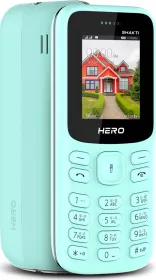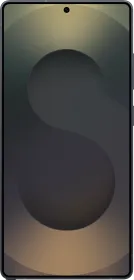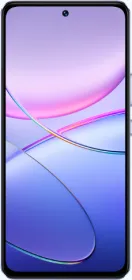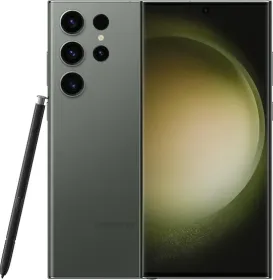Food aggregators like Zomato and Swiggy among others have made our lives easier giving us access to ordering food from countless restaurants and outlets and getting it delivered right on our doorsteps. However, there’s always a gap between the offline price of the food you order versus the pricing mentioned on these apps. Rahul Kabra, a performance marketing manager on LinkedIn recently compared the two bills from the restaurant itself and Zomato and was shocked to find the massive difference between them.
Zomato imposes a 30% cost escalation on orders
According to Rahul, he ordered Veg black pepper sauce, mushroom momo, and vegetable fried rice. To test it, he ordered the same thing over Zomato as well as from the restaurant in question directly. To his surprise, the offline order was delivered with an order bill of INR 512/- which includes CGST and SGST. On the other hand, Zomato’s order bill was INR 689/- after applying an INR 75/- discount which would have otherwise made the effective final bill price of INR 764/-.
Simply comparing the two bills gives a difference of INR 178/- or 34.76% which is what Zomato is making on this particular order. Rahul mentioned that the cost escalation on orders should come with a maximum cap that would make every stakeholder happy.
Cost acquisition cost in startups is usually on the higher side and with retention span being lower than ever, people run generally price to benefit comparative analysis (although most people do it subconsciously) whenever they have to order something that has higher pricing than usual. This could cause Zomato or any other food aggregators apps losses in terms of losing customers due to higher pricing on their platform.
Rahul further mentioned that customers are willing to pay prices on any orders in proportion to the benefit that arrives out of cost escalation (when compared to offline orders), however, it could snap if the escalation is higher than the proportion.
The LinkedIn post received a warm reception from other LinkedIn users. A particular user shared his experience on Swiggy, another food aggregator app, that could’ve charged him 40% in cost escalation had he ordered the same thing online. Another user mentioned that Zomato (or any other aggregator) doesn’t fix any pricing on any food. However, since it takes a 25% or so commission on each order, restaurants usually quote higher prices on the online menu when compared to their offline menu which is true as well.




































